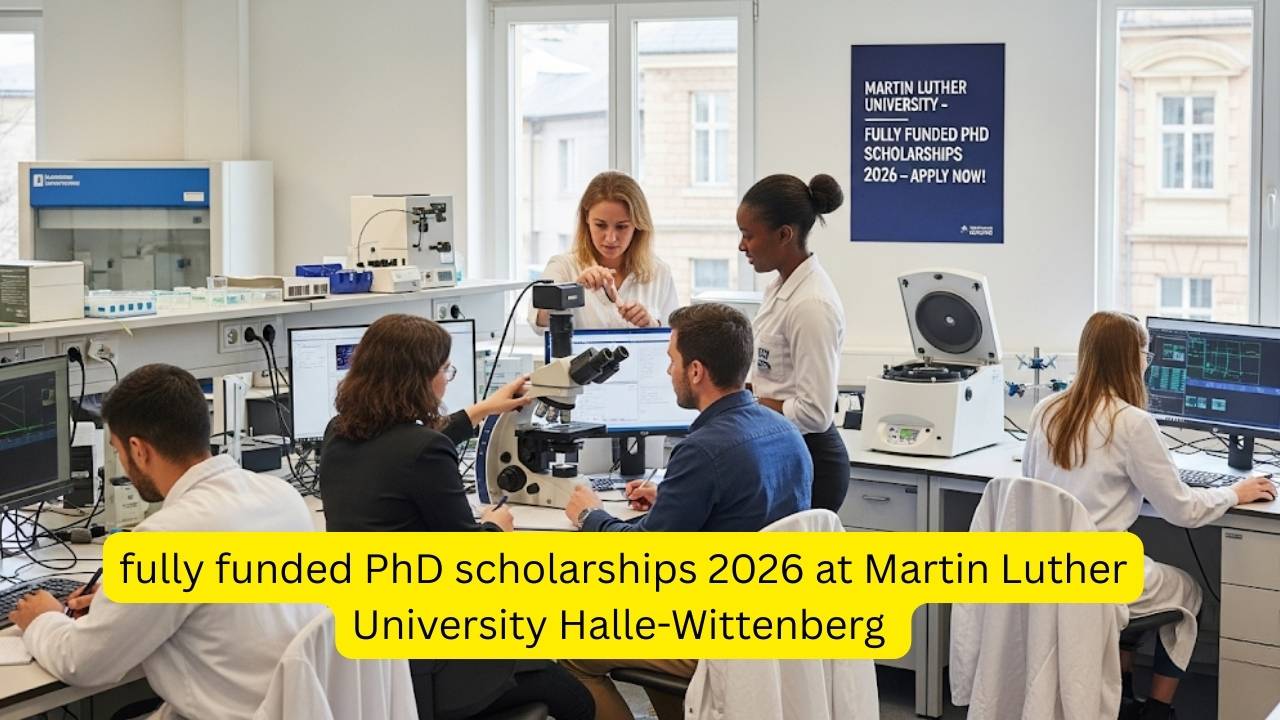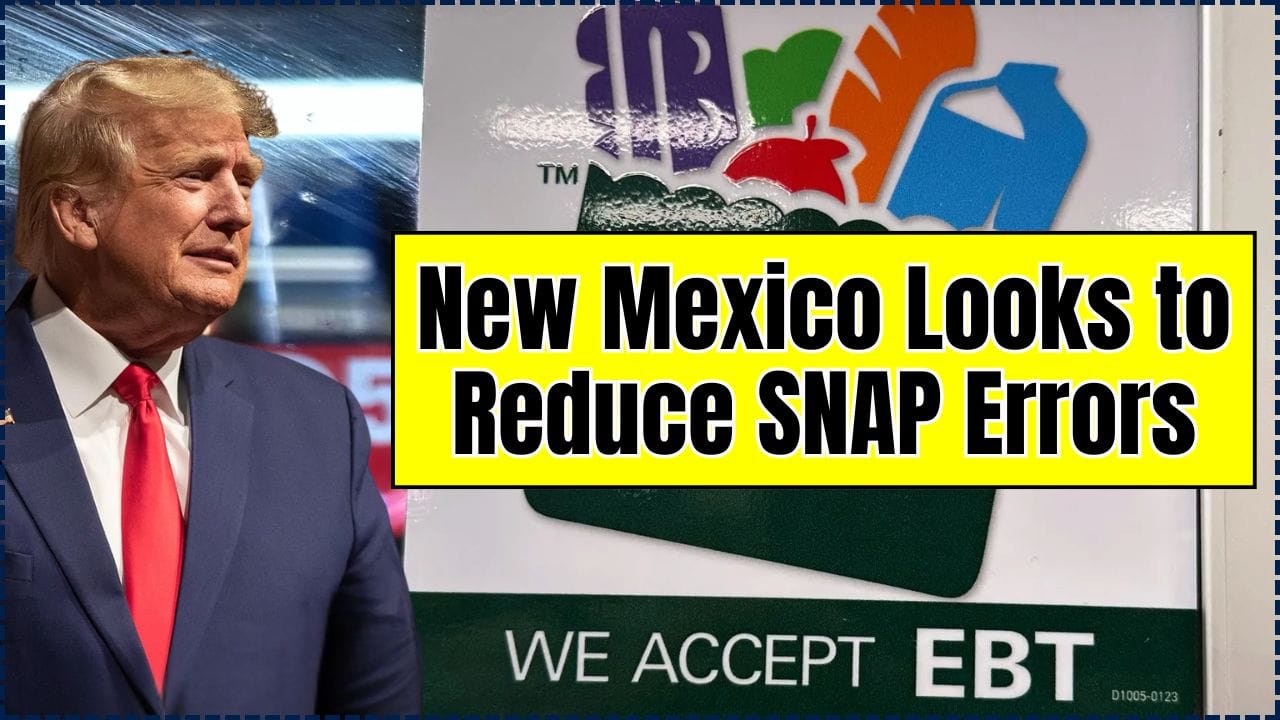Are you dreaming of pursuing a Master’s degree in a vibrant European country, but concerned about the financial implications? The Poland Banach Scholarship 2025 for MS Degree offers an incredible opportunity to make that dream a reality. This comprehensive guide is designed to empower you with the knowledge and actionable steps needed to successfully navigate the application process, much like I’ve guided countless aspiring scholars in my years of advising.
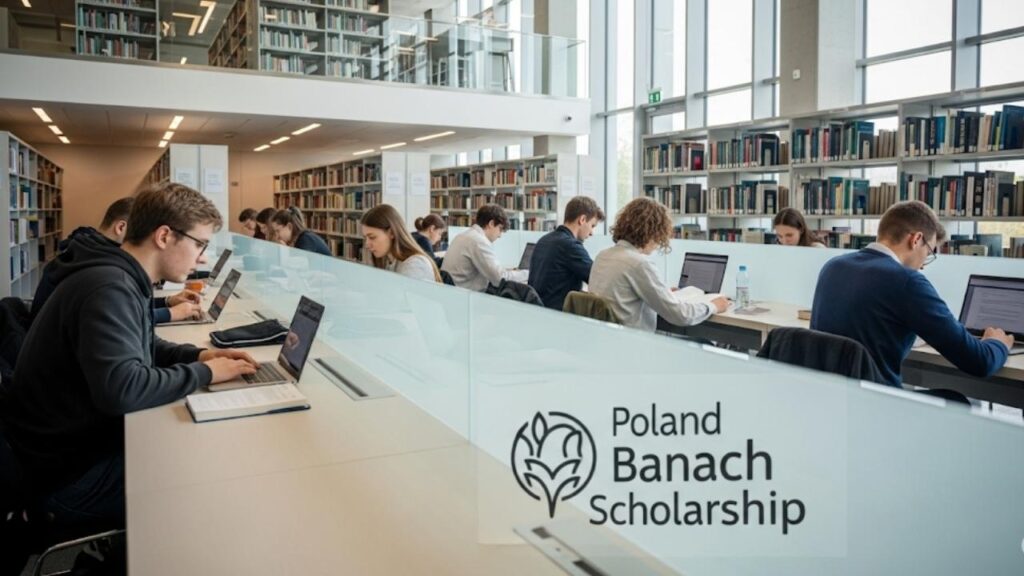
Poland, with its rich academic tradition, innovative research landscape, and remarkably affordable cost of living, has emerged as a top destination for international students. The Banach Scholarship Programme, a joint initiative by the Polish National Agency for Academic Exchange (NAWA) and Poland’s Ministry of Foreign Affairs, is specifically designed to support talented individuals from eligible developing countries in achieving their academic and professional goals. This fully funded scholarship covers tuition, living costs, and even offers a travel allowance, truly opening doors to a world-class education.
The Banach Scholarship: A Gateway to Academic Excellence
The Banach Scholarship Programme is more than just financial aid; it’s an investment in future leaders. The program aims to foster socio-economic development in eligible countries by providing their citizens with access to high-quality Master’s level education in Poland. Whether your ambition lies in the sciences, engineering, or even humanities (for specific regions), this scholarship can be your stepping stone.
Key Insights into the Banach Scholarship 2025
| Key Fact | Detail/Statistic |
| Funding Coverage | Fully funded: includes full tuition coverage at public universities, a monthly stipend of PLN 2,500 (approx. USD 625) for living costs, a one-time travel allowance to Poland (PLN 2,500), and a possibility of an additional PLN 500 for fortuitous events. |
| Degree Level | Master’s Degree (Second-cycle studies) |
| Instruction Language | English or Polish. For English-taught programs, a Polish language and culture course is included. For Polish-taught programs, a one-year preparatory course is available. |
| Application Deadline | June 27, 2025, 3:00 PM (Warsaw time), or earlier if 300 applications are submitted in a given country group. This is a hard deadline, and the portal will close automatically. |
| Results Announcement | By September 30, 2025. |
Who Can Apply for the Banach Scholarship? Unpacking Eligibility
Understanding the eligibility criteria is the crucial first step in your application journey. The Banach Scholarship targets citizens of a specific list of developing countries. While the exact list is extensive and should be verified on the official NAWA website, it includes nations like India, Indonesia, Nigeria, Ethiopia, Vietnam, and many others across Asia, Africa, and Latin America.
To be eligible, you must:
- Not hold Polish citizenship and not have applied for it.
- Have completed a Bachelor’s degree no earlier than 2023, or be in the final semester of your first-cycle studies.
- Not hold a Master’s degree or an equivalent qualification.
- Not have previously received a NAWA scholarship under this program.
- Possess documented knowledge of Polish (min. A2/B2) or English (min. B2), depending on your chosen study path. An official language certificate or a diploma from English/Polish-medium undergraduate studies is typically required.
- Show motivation to return to your home country and contribute to its development after graduation. This is a core objective of the program.
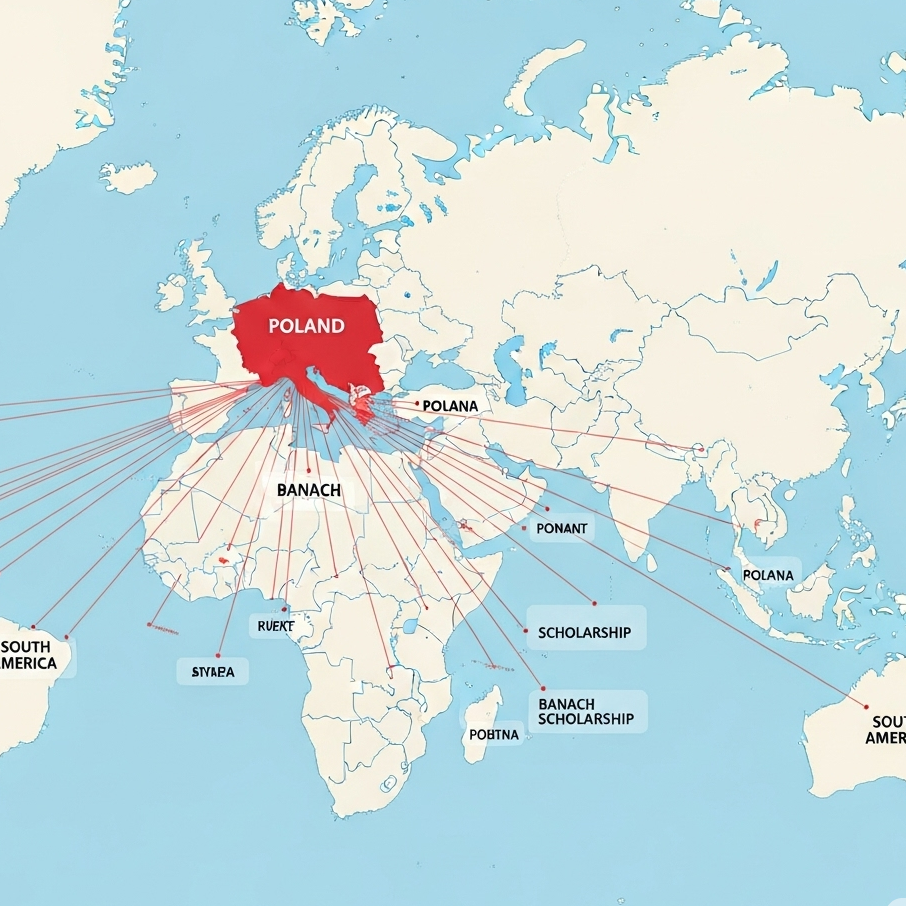
Navigating Language Proficiency Requirements
One common area of concern for applicants is language proficiency. I’ve seen many successful candidates dedicate time to preparing for standardized English tests like IELTS or TOEFL if their undergraduate studies weren’t in English. For those opting for Polish-taught programs, demonstrating Polish language proficiency is essential. Even if you plan to study in English, the program offers a Polish language and culture course, which is a fantastic way to immerse yourself in the local environment.
Fields of Study and University Choices
The Banach Scholarship is remarkably broad in its scope, covering Master’s degree programs in various disciplines at accredited Polish universities supervised by the Ministry of Education and Science. While specific fields may receive priority for certain country groups (e.g., humanities and social sciences for applicants from Europe, Central Asia, and the South Caucasus), generally, the scholarship supports studies in:
- Engineering and Technical Sciences
- Agricultural Sciences
- Exact Sciences
- Life Sciences
- Social Sciences
- Humanities
- Arts
When choosing your university, consider institutions renowned for your chosen field of study. Poland boasts a rich academic landscape with many universities offering programs in English. Some highly regarded universities include:
- Jagiellonian University (Kraków)
- University of Warsaw (Warsaw)
- Warsaw University of Technology (Warsaw)
- Adam Mickiewicz University (Poznań)
- University of Wrocław (Wrocław)
- Cracow University of Economics (Kraków)
- Gdansk University of Technology (Gdansk)
It’s crucial to research specific Master’s programs offered in English by these universities and confirm they align with your academic background and aspirations.
The Application Process: A Step-by-Step Guide
The application for the Poland Banach Scholarship 2025 for MS Degree is conducted online through the NAWA system. Here’s a breakdown of the key steps:
- Check Eligibility: Before anything else, meticulously review the detailed eligibility criteria on the official NAWA Banach Scholarship Programme website. Ensure your country is on the list and you meet all academic and language requirements.
- Choose Your Program and University: Identify the Master’s program and Polish university that best suits your academic goals. You will need to apply separately for admission to your chosen Polish university. While the scholarship application doesn’t require a final admission letter at the time of submission, you will need to provide proof of application or communication with the university regarding your chosen program.
- Gather Required Documents: This is where attention to detail pays off. Prepare all necessary documents in English or Polish (or with certified translations). Key documents typically include:
- Scanned copy of a valid passport (bio-data page).
- Bachelor’s degree diploma and academic transcript (or a certificate from your university confirming your final year status and GPA).
- Proof of English or Polish language proficiency (e.g., IELTS, TOEFL, or a university certificate).
- Confirmation of application to a Polish university or evidence of communication.
- A 1-3 minute video self-presentation, explaining your chosen field of study and motivations for studying in Poland.
- (Optional but recommended) A letter of recommendation from a Polish diplomatic mission.
- Complete the Online Application: Access the NAWA application portal and create an account. Fill out the application form accurately and thoroughly. This is your chance to present yourself and your aspirations.
- Submit Your Application: Ensure all sections are completed, and all required documents are uploaded before the deadline. Remember, the deadline is strict (June 27, 2025, 3:00 PM Warsaw time), and the portal may close earlier if the application quota (300 applications per country group) is reached. Therefore, applying early is highly advisable.
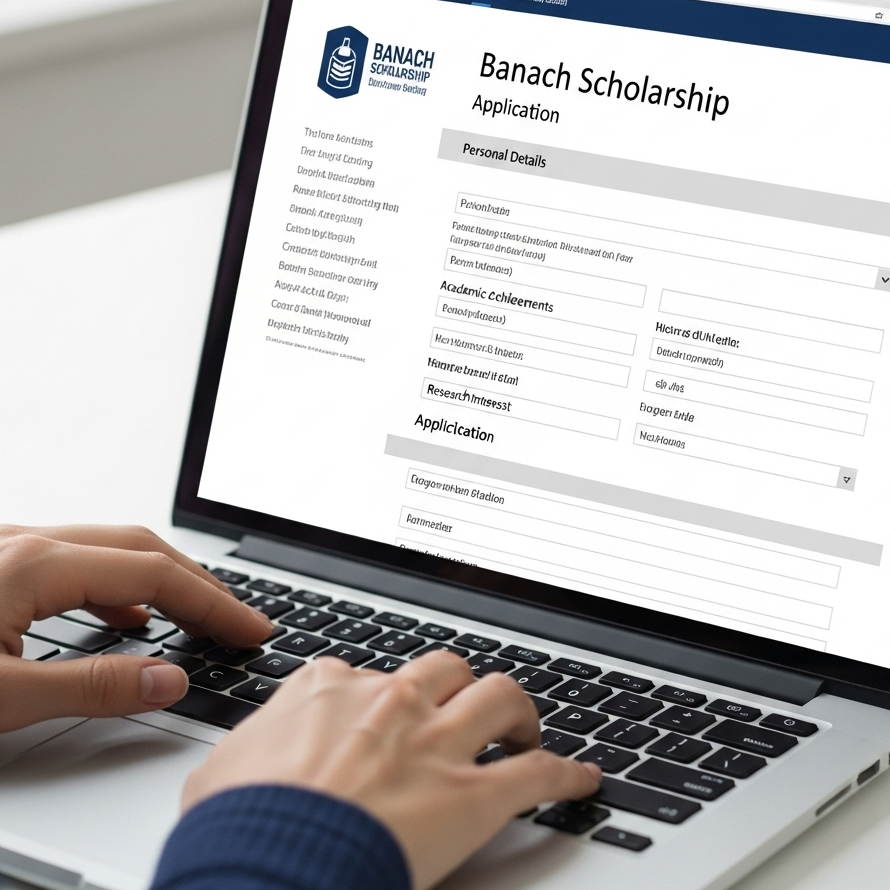
Tips for a Strong Application
From my experience, applicants who stand out often share a few common traits:
- Clarity in Purpose: Clearly articulate why you want to pursue your chosen Master’s degree in Poland and how it aligns with your future goals and the development objectives of your home country.
- Demonstrate Academic Excellence: While grades are important, also highlight any research experience, projects, or extracurricular activities that showcase your dedication and capabilities in your field.
- Compelling Video Self-Presentation: This is your chance to bring your application to life. Be authentic, confident, and clearly convey your motivations. Practice beforehand to ensure a smooth delivery.
- Thoroughness in Documentation: Double-check that every required document is submitted, correctly named, and in the specified format. Missing or incorrectly submitted documents are common reasons for disqualification.
- Early Submission: As the quota for applications can be reached before the final deadline, submitting your application well in advance is a strategic move.
Your Future Awaits: A Final Encouragement
The Poland Banach Scholarship 2025 for MS Degree is a truly life-changing opportunity. It’s a chance to gain a world-class education, immerse yourself in a new culture, and build a global network, all while alleviating financial burdens. The journey may seem challenging, but with careful planning, meticulous preparation, and a clear vision, you can successfully navigate the process. I’ve witnessed the transformative power of this scholarship in many lives, and I wholeheartedly encourage you to take the leap. Start preparing your application today, explore the resources available on the official NAWA website, and embark on this incredible academic adventure!
FAQ
Q1: What are the primary benefits of the Poland Banach Scholarship?
A1: The Poland Banach Scholarship is fully funded, covering full tuition fees at public universities, providing a monthly stipend for living expenses (PLN 2,500), offering a one-time travel allowance to Poland, and including a Polish language and culture course for English-track students or a preparatory year for Polish-track students.
Q2: Can I apply for the Poland Banach Scholarship if I have already completed a Master’s degree?
A2: No, you are not eligible to apply for the Poland Banach Scholarship if you already hold a Master’s degree or an equivalent qualification. The scholarship is specifically for students pursuing their second-cycle (Master’s) studies.
Q3: Do I need to know Polish to apply for the scholarship?
A3: Not necessarily. You can pursue your Master’s degree in English, provided you demonstrate a B2 level of English proficiency. However, for those choosing Polish-taught programs, a minimum B1 level of Polish is required, or you can opt for the one-year preparatory Polish language course.




